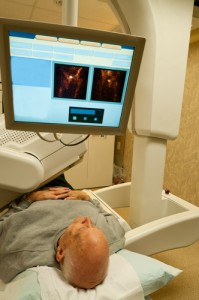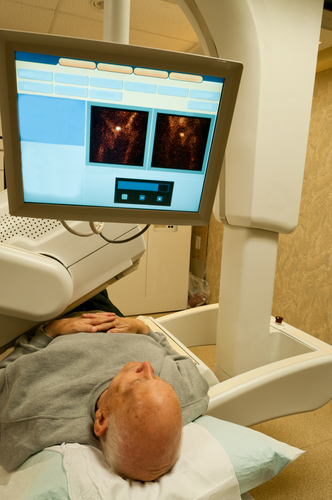 Minimally invasive and novel techniques regarding radiation therapy and radio surgery as treatment for cancer patients were the main theme of a three-day oncology summit, hosted last week by Varian Medical Systems, in Mumbai. The experts who attended the summit concluded that there is a lack of affordability and availability of cancer treatment worldwide.
Minimally invasive and novel techniques regarding radiation therapy and radio surgery as treatment for cancer patients were the main theme of a three-day oncology summit, hosted last week by Varian Medical Systems, in Mumbai. The experts who attended the summit concluded that there is a lack of affordability and availability of cancer treatment worldwide.
Both government and institutions have considered the need to offer more accessible cancer treatments, due to the fact that 2.5 million people are affected by cancer every year around the world, and 1 million new cases are diagnosed, leading to 500,000 to 600,000 deaths. Early-stage diagnosis is another urgent requirement, particularly in the fields of cancer related to head and neck, abdomen, thoracic, cervical and breast cancer, according to the experts.
“Advances in radiation oncology are changing the way cancer is treated around the world. Modern medical devices have ushered in a period of personalized medicine, enabling doctors to target tumours non-invasively, with high precision,” explained the vice president and chief of new clinical applications of Varian Medical Systems, John R. Adler, MD, who is also a professor of Neurosurgery at Stanford University.
Researchers set a negative outlook for the radiotherapy field between now and 2030, and presented evidence that, although the situation is globally negative, the low and middle income countries are particularly concerning. In India, not only the government, but also entrepreneurs are making an effort to advance the field, and surgeons are using more radiotherapy equipment as well.
“Since India has an estimated one million new cases of cancer diagnosed in the country each year, embracing the latest advancements in radiotherapy and radiosurgery for treatment of cancer is just what we need in India. These new devices enable clinicians to deliver radiation accurately and quickly, making this not just more efficient but also a cost-effective treatment. Many more patients can be treated with a single machine than was previously possible,” concluded the president of the Association of Radiation Oncologists of India (AROI), Prof. Ramesh S. Bilimagga.
[adrotate group=”1″]


